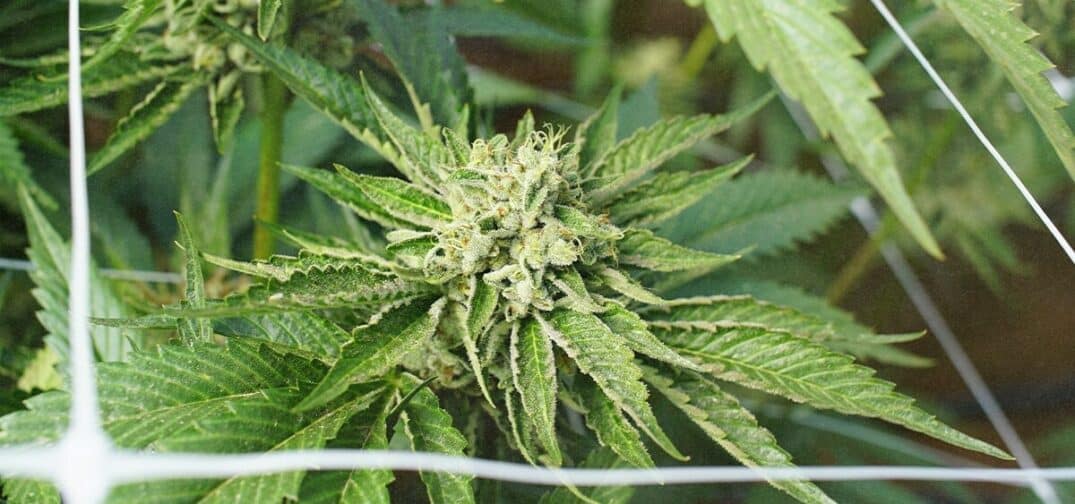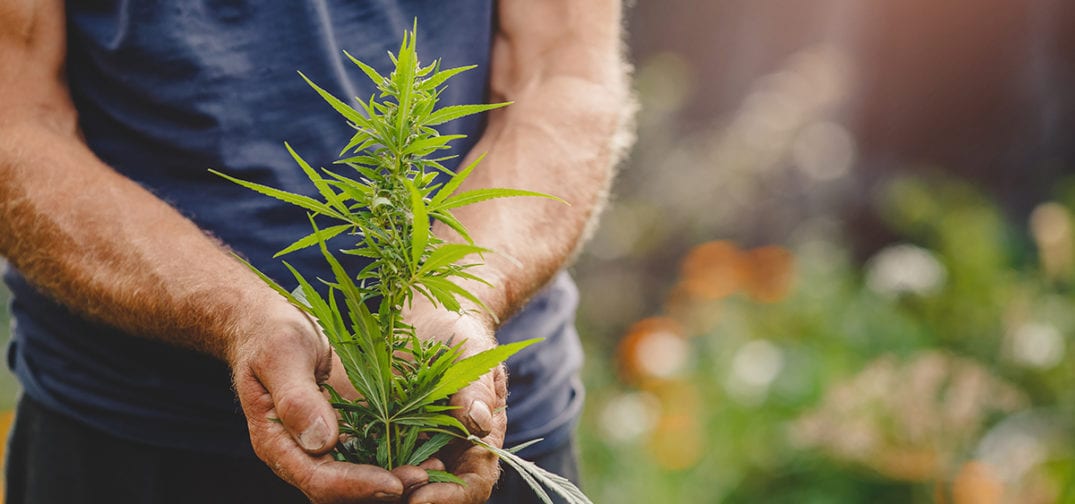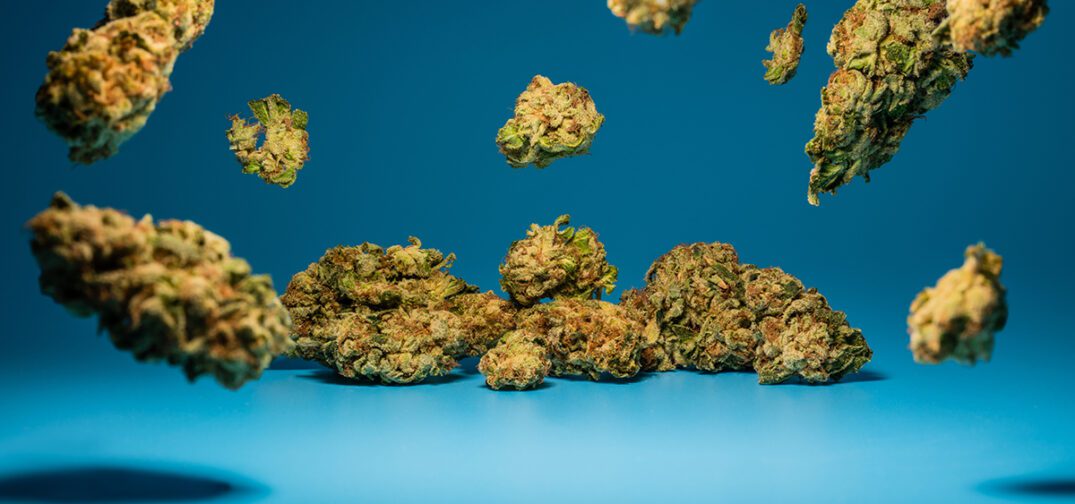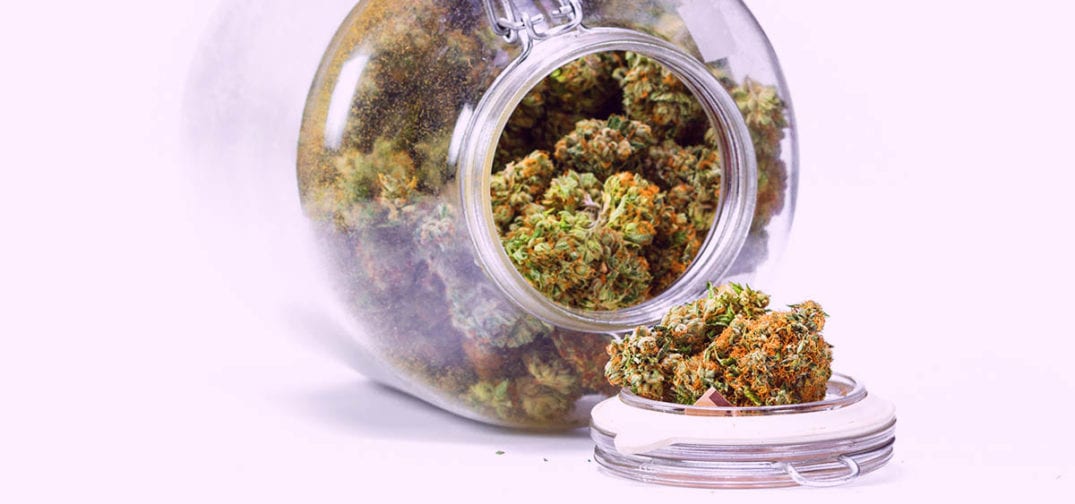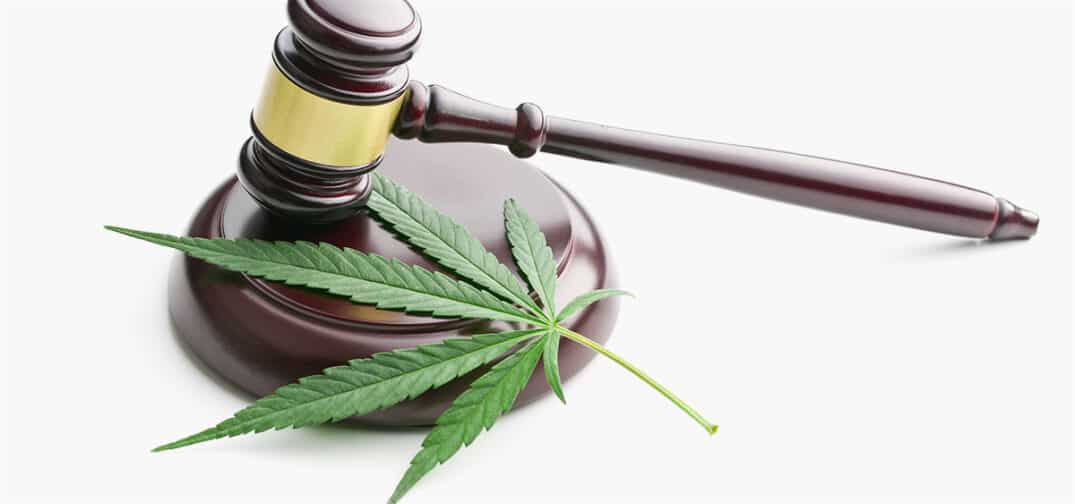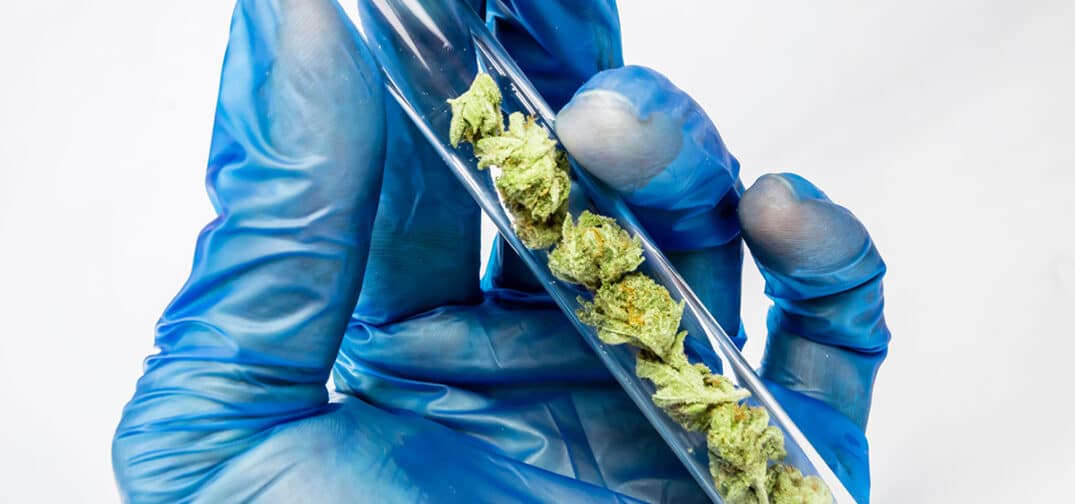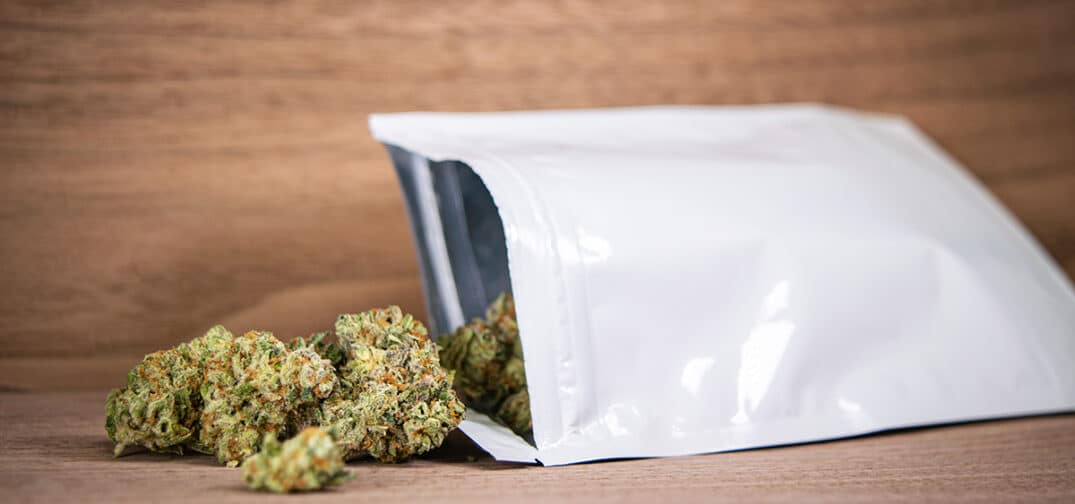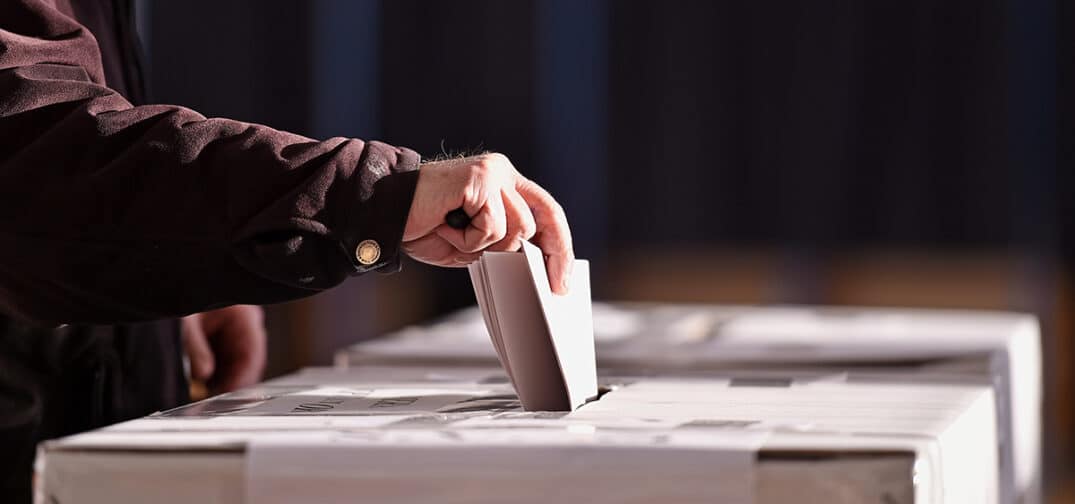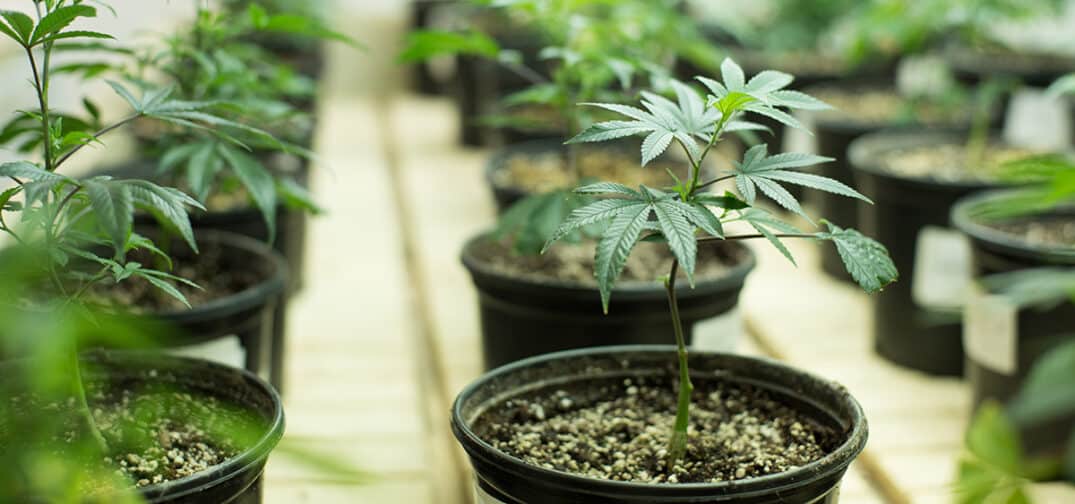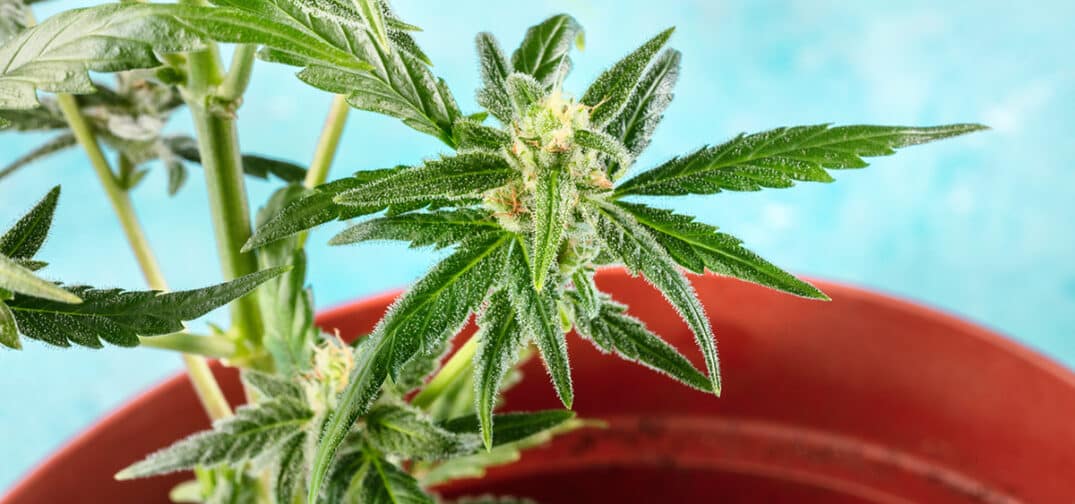A majority of Massachusetts residents – 55% – say intoxicating hemp products should only be sold in state-licensed cannabis dispensaries, according to a MassINC Polling Group survey outlined by the Commonwealth Beacon. About a fifth of respondents said they didn’t know or didn’t want to answer with 28% saying the products should be allowed to be sold in other places.
The poll explained that “Hemp is a type of marijuana plant that contains a much smaller amount of THC than the marijuana sold in dispensaries. Products containing THC from hemp are not regulated in the same way as marijuana. They are now being sold at liquor stores, convenience stores, gas stations, and some bars and restaurants.”
The survey asked: “Do you think that products containing THC from hemp should only be sold at licensed dispensaries, or should they be sold in other places?”
Another 65% of the 1,001 residents polled between April 4 and 17 said they believed that legalizing cannabis for adult use was the right thing to do.
On The Horse Race podcast, MassINC Polling Group President Steve Koczela said that the survey results are “different than what we have seen, by and large, so far, in that people think it should be legal to buy marijuana, but not in this way,” referring to intoxicating hemp products sold outside of the licensed dispensary system.
Nearly 60% of those polled described the state’s cannabis sales system as “good” or “excellent.”
End

